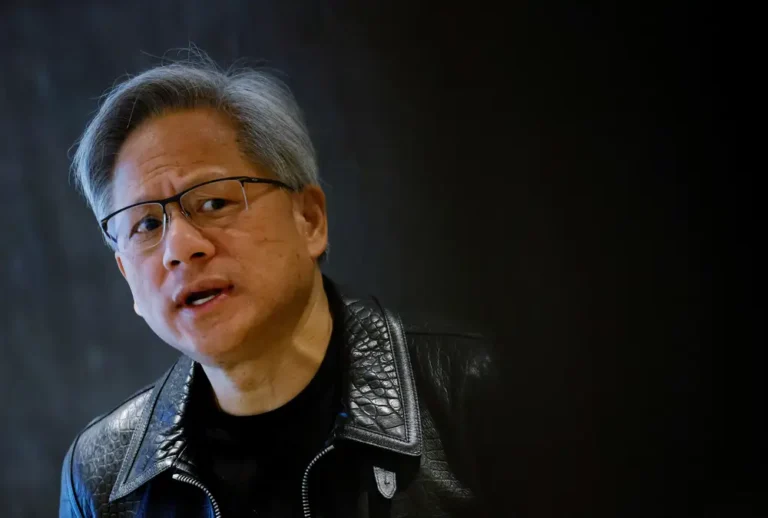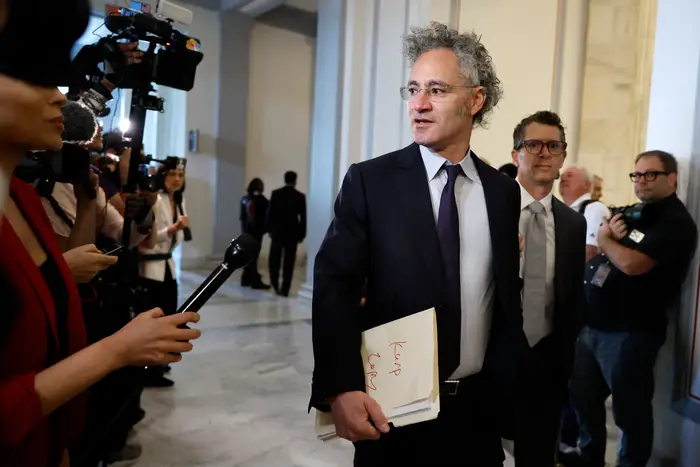Dropoff in venture capital funding triggers uptick in pre-emptive deals with investors desperate to back the hottest startups

- Venture capital funding was cut in half in the first six months of 2023, according to Crunchbase.
- The dropoff has triggered an uptick in pre-empted deals, where investors back the most exciting startups.
- Payrails, Cello, and ElevenLabs are among the startups to close pre-emptive deals this year.
In 2023, venture capital funding for startups has continued to decline.
According to Crunchbase, startups raised $144 billion in the first six months of the year, which is half of what they raised in the same period in 2022. Venture funds, which are required to deploy capital within a reasonable time frame, have struggled to find a diverse range of businesses that fit their investment strategies.
The slowdown has resulted in an increase in pre-empted funding rounds, in which investors offer deal terms to exciting early-stage businesses before they even begin fundraising.
Pre-empting is not a new format for VCs, but with fewer rounds taking place, its prevalence is more pronounced. Deals this year have come ahead of the expected window for follow-on funding for German FinOps startup Payrails, software-as-a-service company Cello, buzzy AI startup ElevenLabs, climate tech startup Axle Energy, and, most recently, Autogen AI.
Deals are frequently struck when venture capitalists want to double down on businesses they believe are exciting, such as AI.
In the case of pre-emptions, big funds “don’t want the company to go to market because they’d rather do it as insiders and buy bigger stakes in the businesses they believe in the most,” according to one London-based investor.
According to Tom Mendoza, a partner at EQT Ventures, there is a “clear flight to quality” and the best rounds are being completed “fast and competitively.”
“We have seen and participated in a few preliminary rounds, but this is a standard way of working for us and many other funds… “I’d say preemptive rounds are now common,” he said.
In the absence of new opportunities, the trend of multi-stage funds moving down the pipeline into earlier stage rounds has become more common, according to a Paris-based venture capitalist. The relative increase is also part of large funds doubling down on the best companies, with one London investor describing it as “stuffing as much money into them as early as possible.”
Pre-empted deals are typically reserved for the market’s most promising prospects, such as those who may have other options.
According to one Berlin-based VC, valuations for pre-empted rounds are often competitive despite businesses having little to no significant change in traction since their previous funding round.
“The best companies have some flexibility in terms of their next funding, so a pre-emptive offer must be appealing,” they said. “However, it’s difficult to say no to new money coming in in this market, even if it’s not at the price you’d hoped for.”
According to one London-based VC, two of their early-stage companies have recently been approached by large platform funds to pre-empt sizeable follow-on rounds.
Ultimately, such transactions represent a tiny portion of the available market, but despite the overall downturn, the most exciting tech companies continue to have access to ample capital, while the rest of the industry awaits an increase in venture capital spending.






